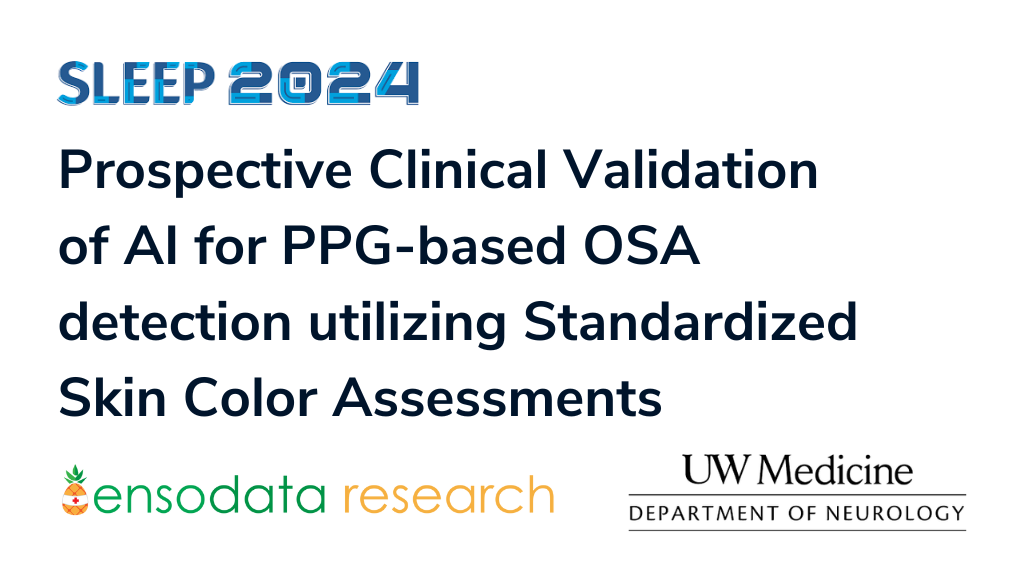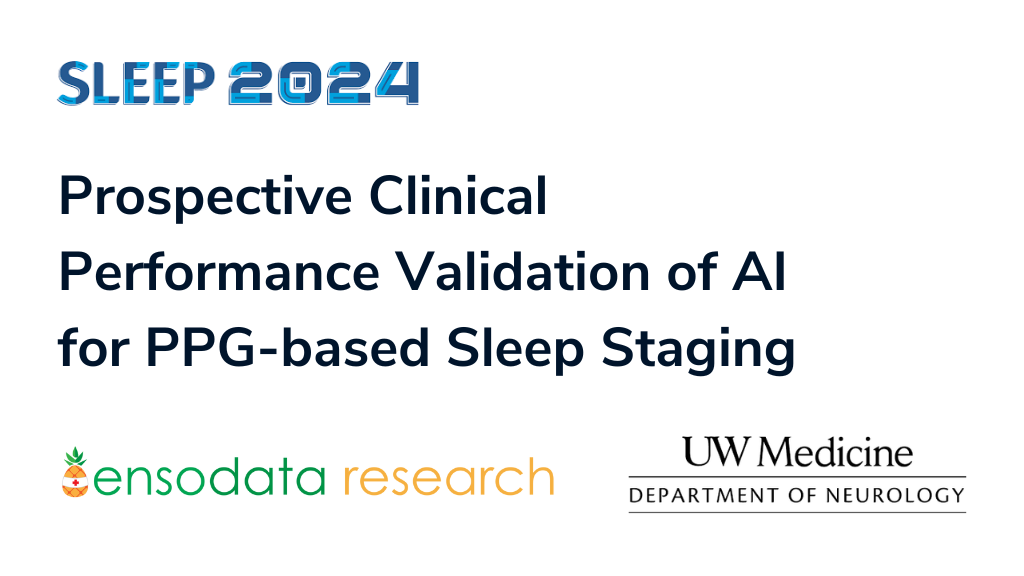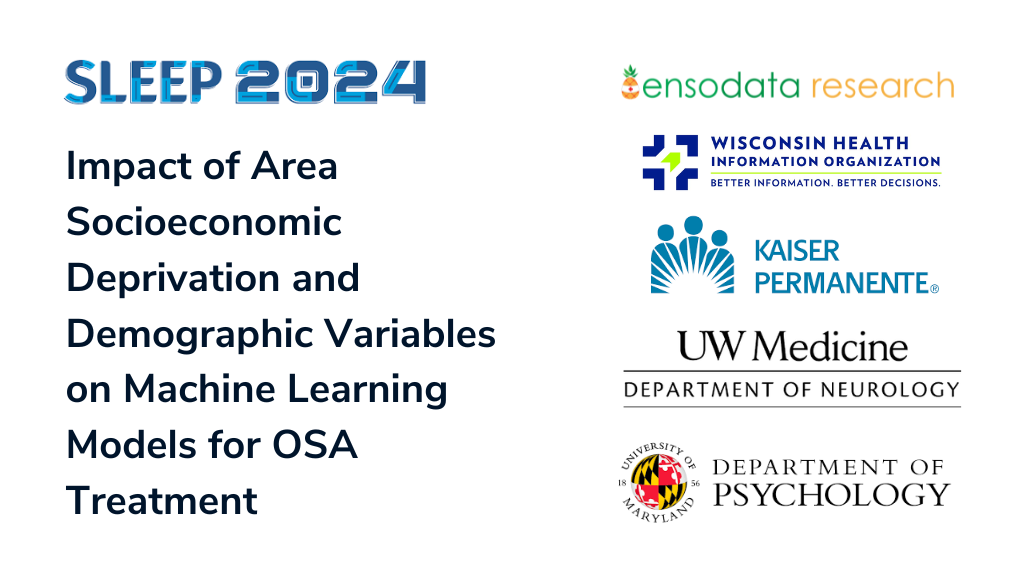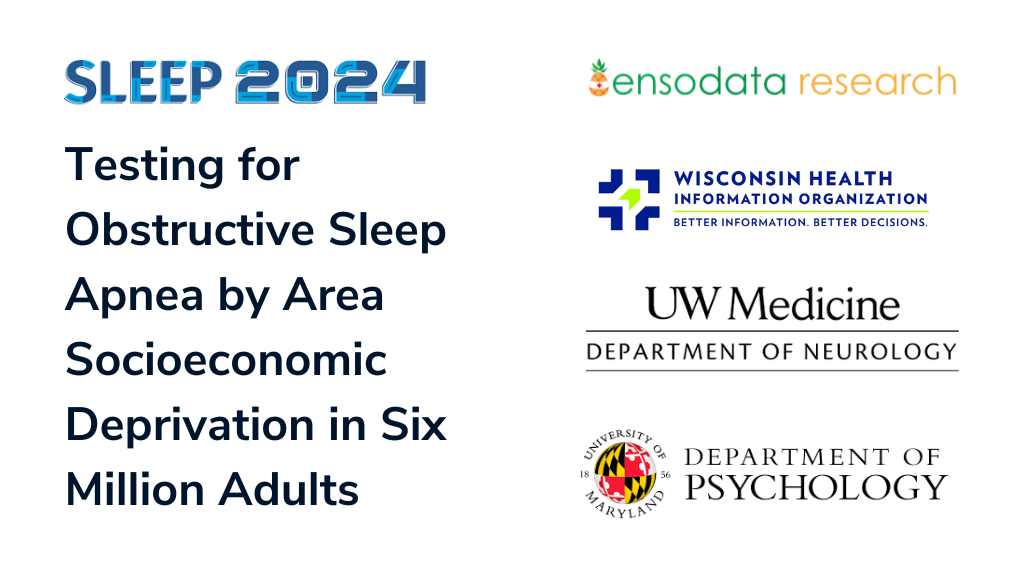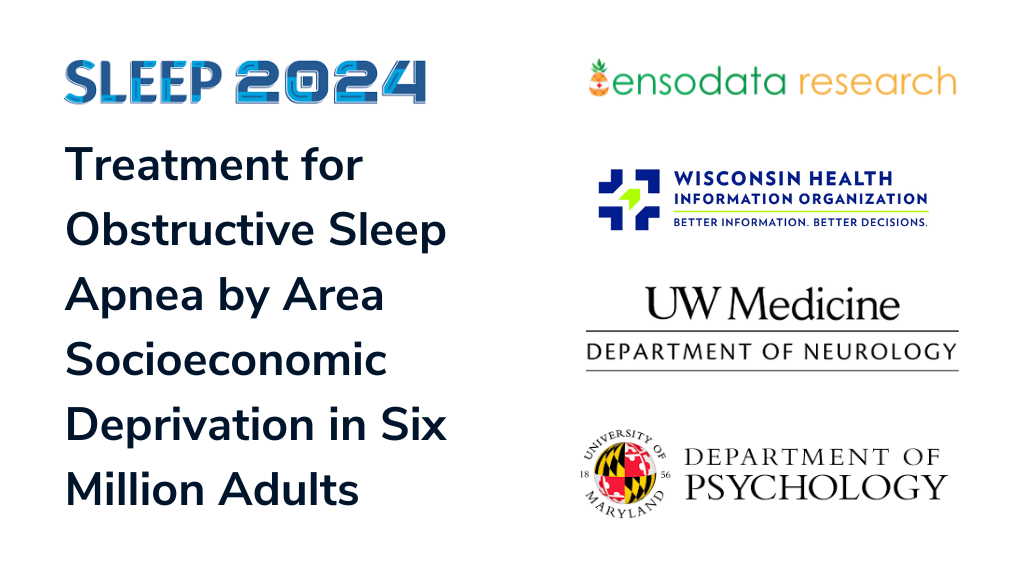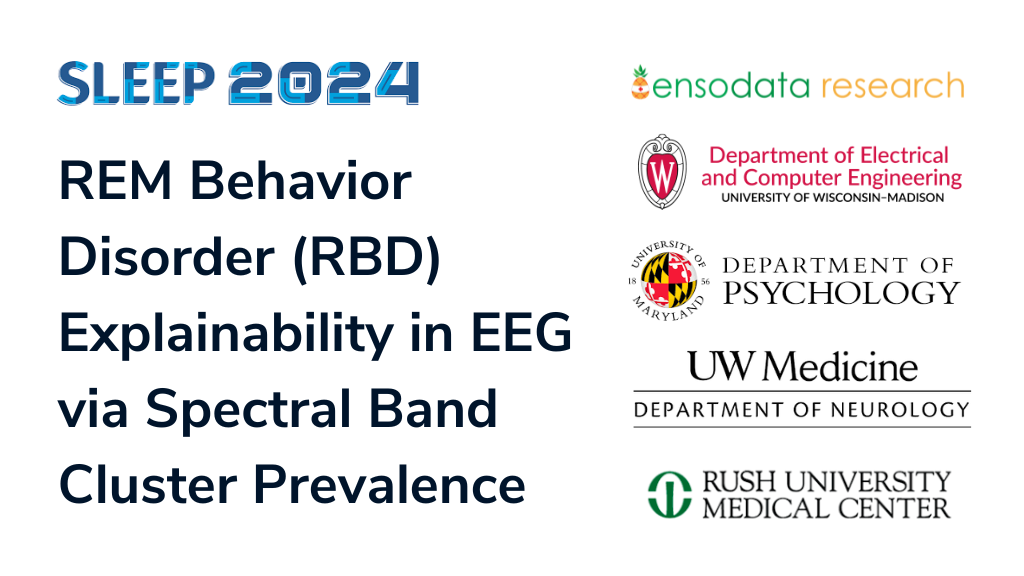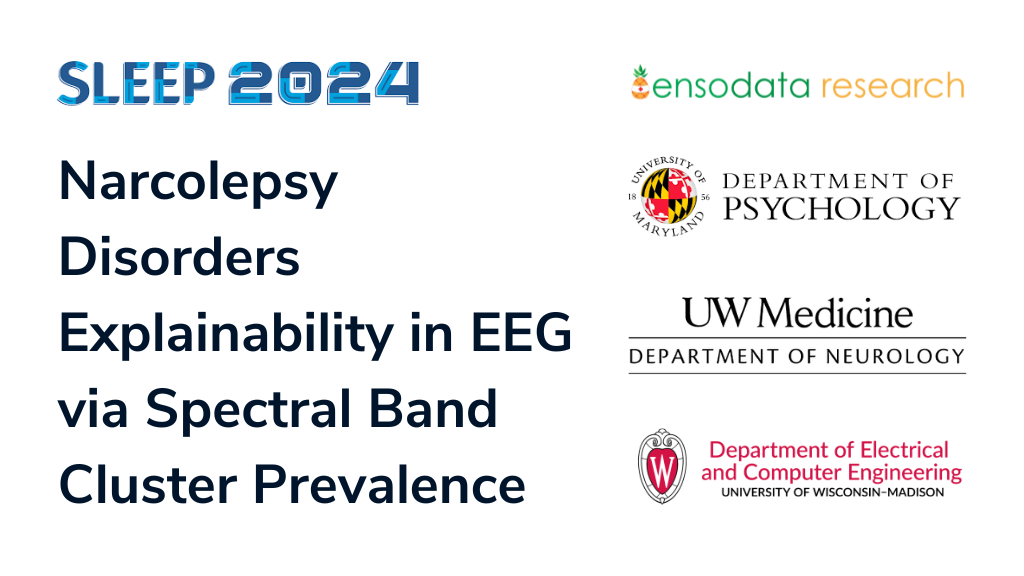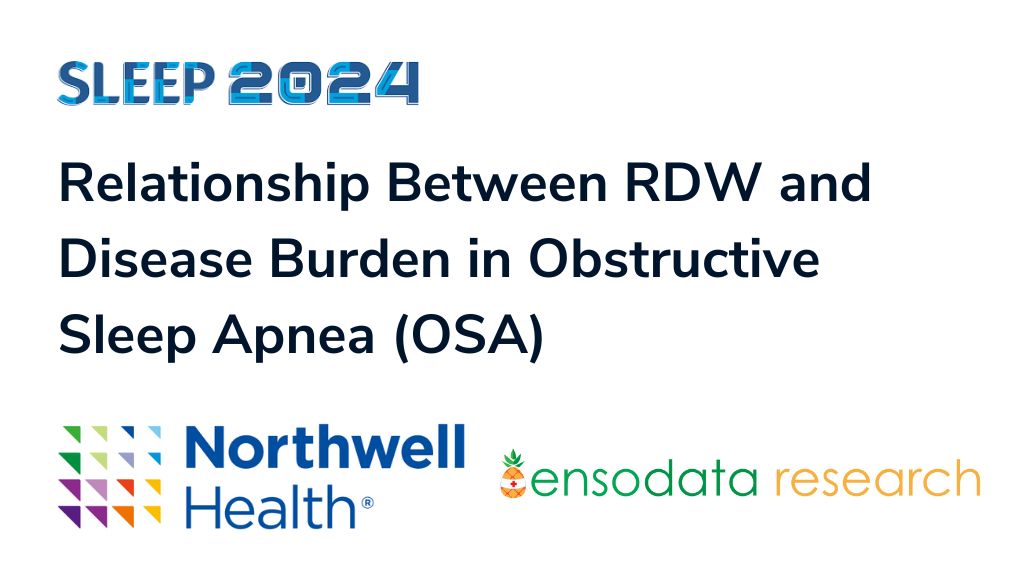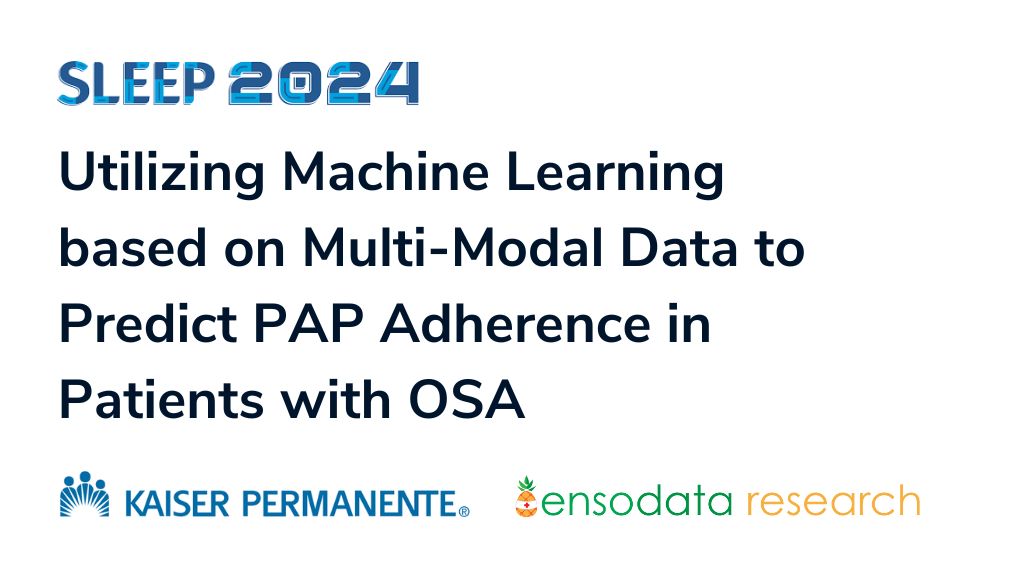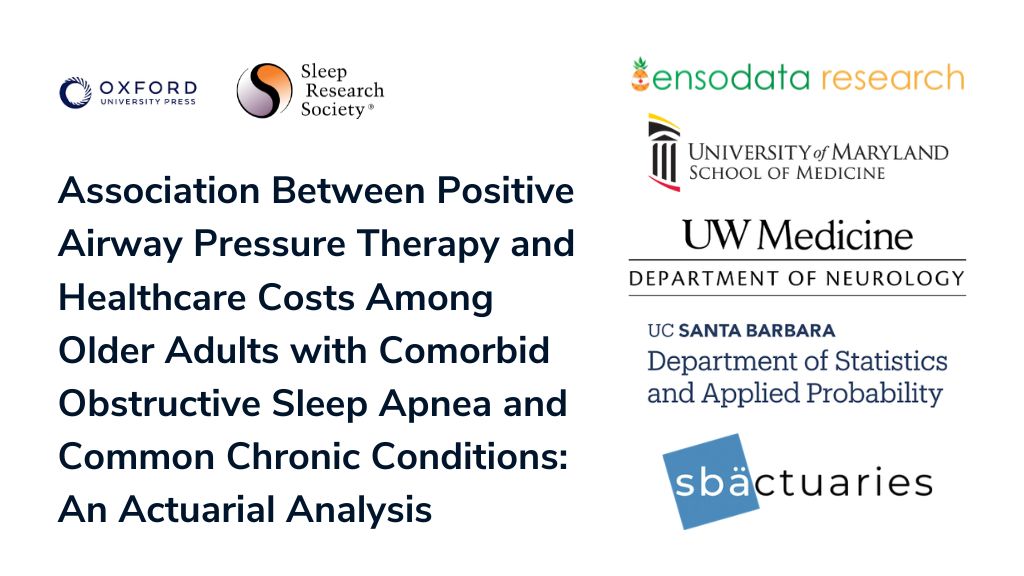
Association Between Positive Airway Pressure Therapy and Healthcare Costs Among Older Adults with Comorbid Obstructive Sleep Apnea and Common Chronic Conditions: An Actuarial Analysis
This study seeks to determine the association between adherence to positive airway pressure (PAP) and healthcare costs among a national sample of older adults with comorbid OSA and common chronic conditions.

